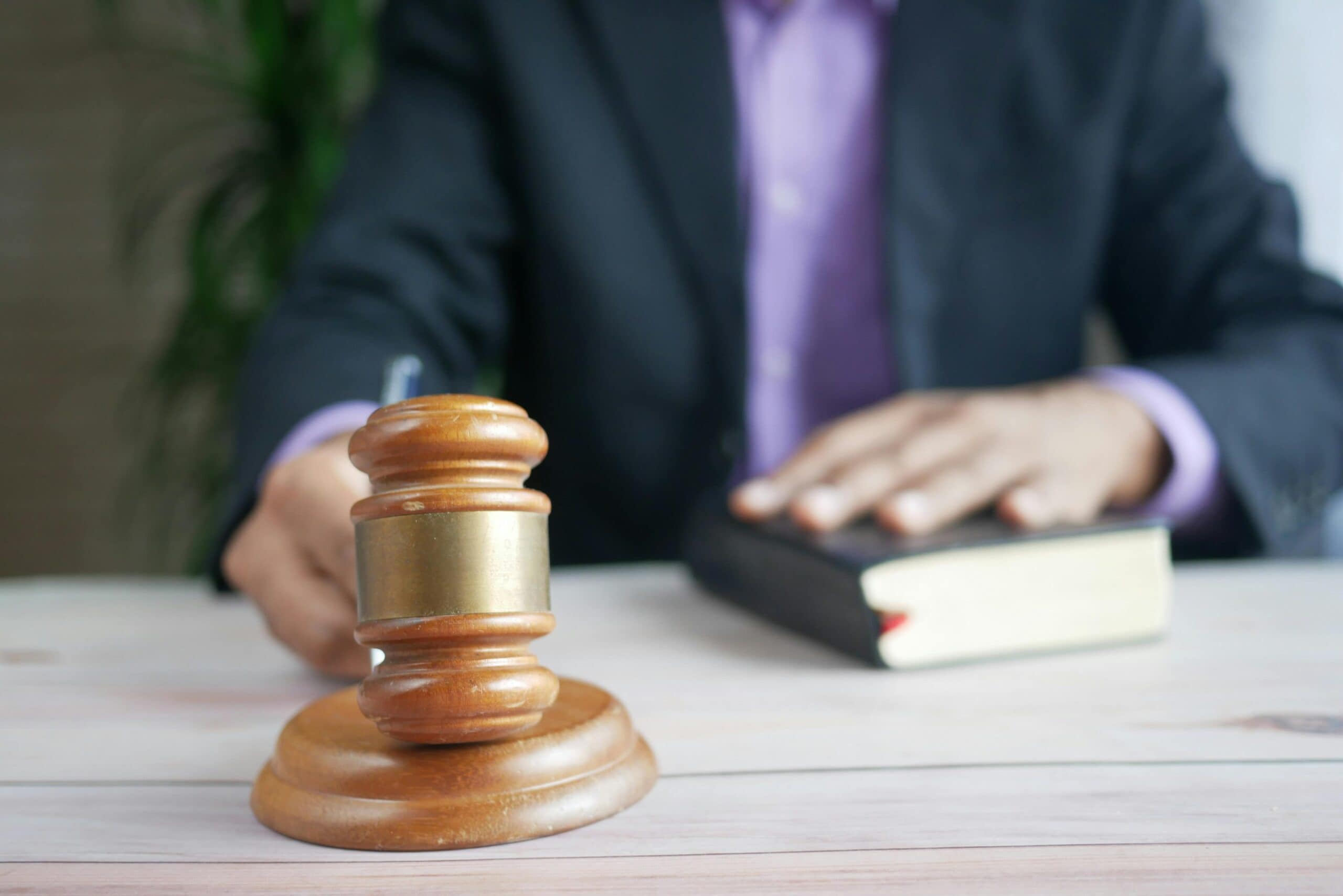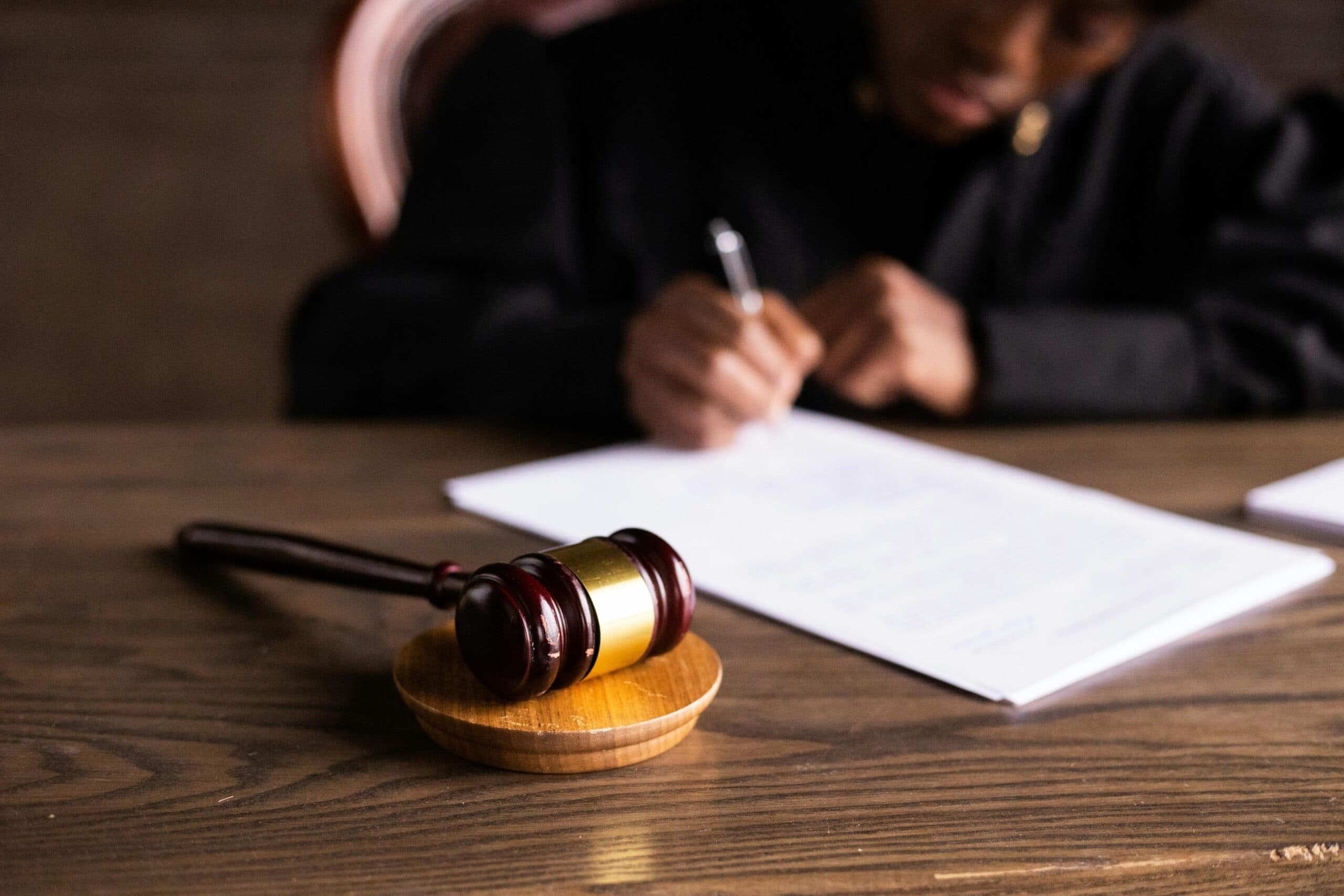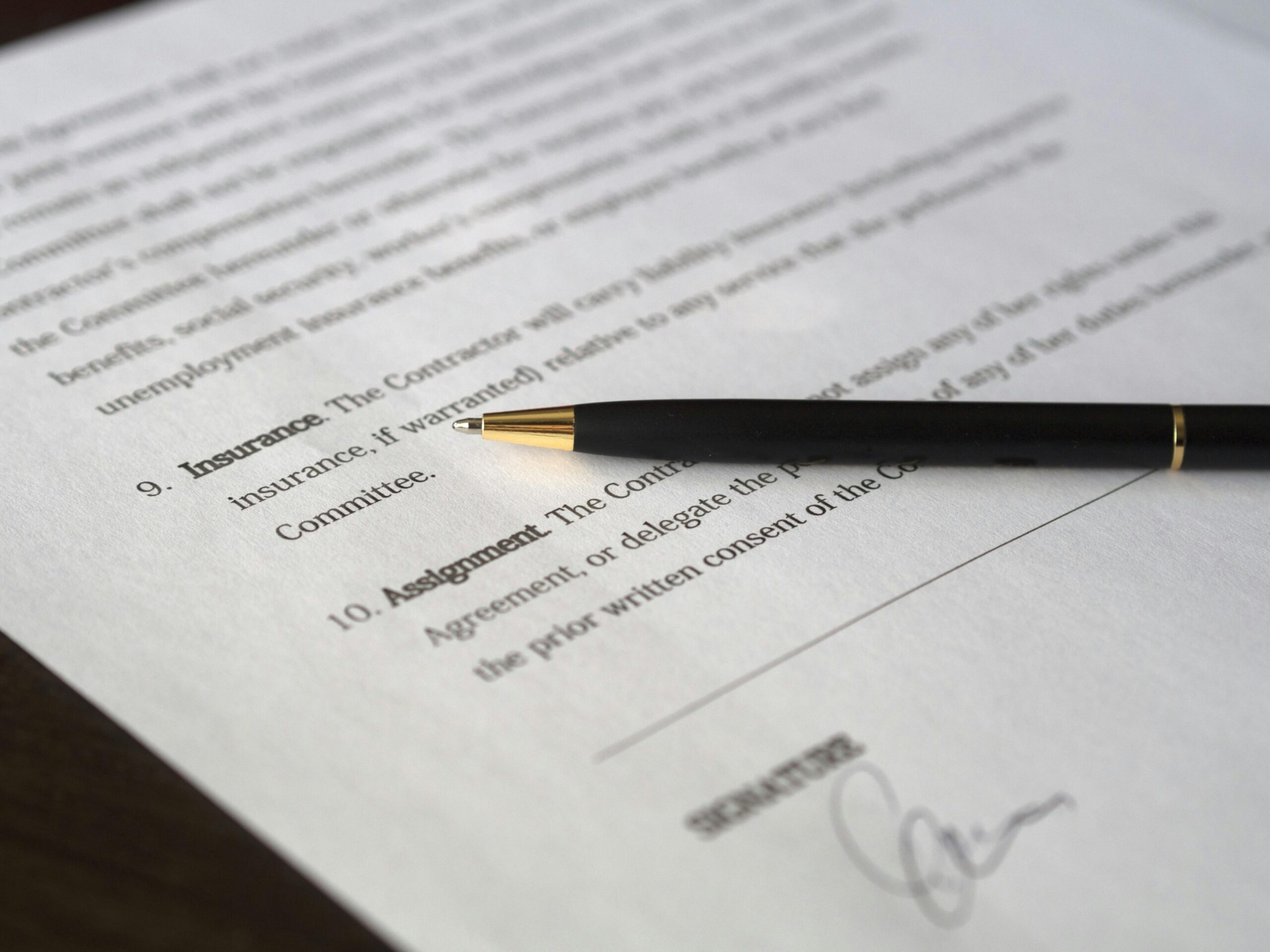
Legal disputes often come with critical decisions, including whether to settle or take a case to trial. The choice carries advantages and risks, making it essential to understand both processes to determine the best course of action. Working with experienced attorneys ensures fair outcomes while effectively navigating the legal system.
Understanding the Settlement Process
The settlement process is the formal resolution of a case before it goes to court. Parties can settle at any stage before filing a lawsuit, during litigation, or even on the day trial begins.
Typically, attorneys initiate negotiations by sending a demand letter outlining the settlement amount, legal justification, and supporting evidence. Both sides then negotiate terms until an agreement is reached. Settlements offer a quicker resolution, avoiding court costs, attorney fees, and expert witness fees.
They also provide financial relief and additional compensation for damages. While settlements may result in lower compensation than a jury verdict, they give more control over the final outcome and eliminate the stress of a public trial.
Key Advantages of Settling:
Quicker resolution – Settlements resolve disputes faster than trials, allowing for immediate financial relief.
More control – Both parties negotiate terms rather than leaving the decision to a judge or jury.
Cost-effective – Avoiding court costs, legal fees, and expert witness fees makes settling financially sensible.
Less risk – Trials carry more uncertainty, as the final decision lies with a judge or jury.
However, settlements can sometimes lead to receiving less than what might be awarded in court. If an opposing party offers an inadequate amount, pursuing litigation may be necessary to secure a better outcome.
Weighing the Trial Process
A trial begins when both sides cannot reach a settlement agreement and decide to proceed with litigation. Litigation is the legal process where both parties present their case in court, aiming for a favorable outcome through a jury verdict or judge’s ruling. This process follows strict legal procedures, including evidence gathering, filing motions, and presenting witness testimony.
Steps in the Trial Process:
Opening statements – Attorneys present an overview of their case to the jury.
Presenting evidence – Key documents and expert testimony establish critical facts.
Witness testimony – First-hand accounts support the case, followed by cross-examination.
Closing arguments – Both legal teams summarize their case before deliberation.
Jury verdict – The court reaches a final decision that determines the outcome.
Benefits of Going to Trial:
Higher potential compensation – Strong evidence and expert witnesses can support a more favorable verdict.
Establishing legal precedent – A court ruling does more than resolve one case—it sets a precedent that shapes future legal decisions. A trial can expose wrongdoing, close legal loopholes, and push for stronger protections. By taking a case to court, individuals contribute to lasting change, ensuring others don’t face the same injustices. The impact goes beyond compensation—it’s about accountability and prevention.
Accountability – A trial publicly highlights wrongdoing and enforces legal responsibility.
However, trials can be time-consuming, emotionally draining, and come with public exposure. Legal fees, expert witness costs, and other expenses can also be significant. Yet, the impact of a trial is unparalleled—it holds wrongdoers accountable, influences future legal decisions, and drives meaningful change.
Factors to Consider When Choosing Between Settlement and Trial
Deciding between a settlement and a trial requires careful evaluation of various factors. While a quick and fair settlement may be appealing, some cases demand litigation to ensure a just outcome.
1. Strength of the Evidence
The strength of evidence significantly influences whether to settle or go to court. Strong documentation, expert testimony, and witness accounts improve the chances of a favorable verdict. When evidence is solid, litigation may lead to a more favorable ruling. However, if documentation is weak, settlement may be a safer option.
Example: If a dispute involves clear contractual violations with strong supporting evidence, litigation may be the best approach. However, if the case relies on circumstantial evidence, negotiating a settlement could be more practical.
2. Financial Considerations
The litigation process comes with substantial costs, including court fees, attorney fees, and expert witness fees. Settling is often a cost-effective alternative that eliminates the uncertainty of trial. A settlement provides a lump sum payment without the prolonged financial burden of a legal battle.
Example: A business facing financial strain may opt for settlement to avoid further legal expenses rather than risk an extended court case.
3. Emotional Toll and Time Commitment
The trial process can be emotionally exhausting, requiring months or even years of legal proceedings. The opposing party may aggressively challenge claims, adding stress to the situation. Choosing a settlement ensures a faster resolution and reduces uncertainty.
Example: A party involved in a complex contract dispute may prefer to settle to avoid prolonged negotiations and focus on future business operations.
4. Establishing Legal Precedent
Some cases have the potential to establish legal precedent, influencing future disputes with similar circumstances. If a case could shape legal standards and impact others in similar situations, a trial may be beneficial. However, if both parties agree on fair compensation, litigation may be unnecessary.
Example: A groundbreaking employment law case that challenges industry standards may be worth pursuing in court to create broader legal protections.
5. Risk Assessment and Unpredictability of Trial
Jury verdicts are unpredictable. While a trial may lead to better compensation, there’s also a risk of receiving nothing. The opposing party may introduce counterarguments that weaken the claim. Assessing risk and the willingness to negotiate is key to making the best legal decision.
Example: A company with strong contractual protections may feel confident about litigation, whereas an individual facing uncertainty may find settlement a safer option.
How Case Type Determines Whether to Settle or Go to Trial
The nature of a case plays a significant role in deciding whether to accept a settlement or pursue litigation. Certain cases benefit from swift resolutions, while others require courtroom battles to secure fair outcomes.
In a personal injury case, the decision often hinges on the strength of evidence and the willingness of the opposing party to negotiate. A straightforward claim with clear liability and strong documentation may lead to a reasonable settlement. However, when disputes arise over fault or compensation, a trial becomes necessary. Personal injury lawyers evaluate medical records, accident reports, and witness statements to determine the best course of action.
Other legal disputes, such as business conflicts or contract breaches, follow a different trajectory. If both parties seek to preserve a working relationship, mediation or settlement might be the preferred option. However, when one side refuses to cooperate, litigation becomes the only way to enforce legal rights.
For an injured party, accepting a settlement offers quick financial relief, while going to trial carries the potential for higher compensation. An experienced personal injury attorney, for example, can better guide the victim and help them make a well-informed decision. In contrast, cases involving intellectual property or employment disputes may prioritize setting legal precedent over immediate financial gain.
Understanding how case type affects legal strategy ensures informed decision-making. Whether pursuing a personal injury claim for a car accident or resolving a business dispute over intellectual property rights, the choice between settling and going to court depends on risks, potential rewards, and long-term objectives.
Choosing the Best Legal Strategy
Deciding between settlement and trial requires careful evaluation of all legal and financial factors. Working with experienced legal counsel helps determine the best approach for securing a favorable outcome. While a fair settlement offers a faster resolution, a trial may be necessary when strong evidence supports a better result.
If you’re facing a legal dispute, consult with a qualified attorney at Bourassa Law Group to assess your options and develop a strategy that aligns with your best interests.
Contact us today to schedule a free case evaluation and begin your journey towards justice.





